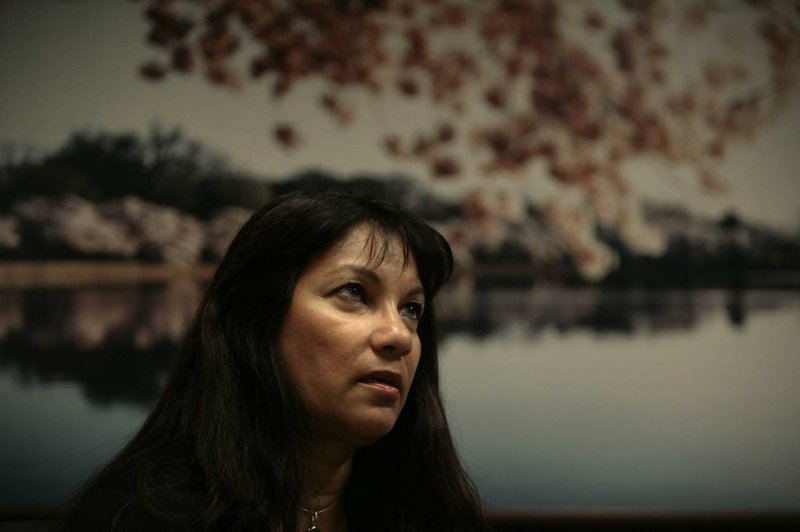LISBON, Portugal -- An American ex-CIA agent walked free from a Portuguese prison Wednesday, a day after Italy dropped its extradition request for the woman who was convicted of taking part in the U.S. kidnapping of a Muslim cleric in Milan 14 years ago.
A court in Portugal, where Sabrina de Sousa was arrested 18 months ago, ruled that she had to be released after Italy's president granted her partial clemency late Tuesday.
Italian President Sergio Mattarella shaved a year off de Sousa's four-year sentence for her role in the abduction of Osama Moustafa Hassan Nas. Also known as Abu Omar, he was kidnapped from a Milan street in February 2003.
Italian lawyer Dario Bolognesi said de Sousa could opt to do community service instead of prison time. He said in Turin that he would advise her to meet with justice officials to work out a plan.
Neither de Sousa nor her Portuguese lawyer was immediately available for comment.
It was not clear whether de Sousa, who holds dual U.S.-Portuguese citizenship, will ask to serve the remaining three years of her sentence in Portugal. Under Italian law, she could remain under house arrest or carry out approved social services instead of serving prison time.
The kidnapping was carried out under the United States' "extraordinary rendition" anti-terrorism program, which started after the Sept. 11, 2001, attacks. The program saw suspects kidnapped and transferred to centers abroad, where they were interrogated and often tortured.
De Sousa was arrested on a European warrant at Lisbon airport in October 2015 while en route to India to visit her mother. She has said she had been living in Portugal and intended to settle there.
She repeatedly fought her extradition and lost several appeals after her arrest. De Sousa denied involvement in the kidnapping and argued that she was never officially informed of the Italian court conviction and could not use confidential U.S. government information to defend herself.
She had her passport confiscated but remained free in Portugal until last week, when she was detained so she could be processed for extradition.
Mattarella said that in reaching his decision on de Sousa's clemency he took into account "that the United States has interrupted the practice of extraordinary renditions," referring to the decision by President Barack Obama's administration to halt the program.
Mattarella and his predecessor cited the same circumstances in previously granting clemency to other defendants in the case. De Sousa was one of 26 Americans tried and convicted in absentia in the cleric's kidnapping.
Information for this article was contributed by Brian Hendrie and Frances D'Emilio of The Associated Press.
A Section on 03/02/2017

